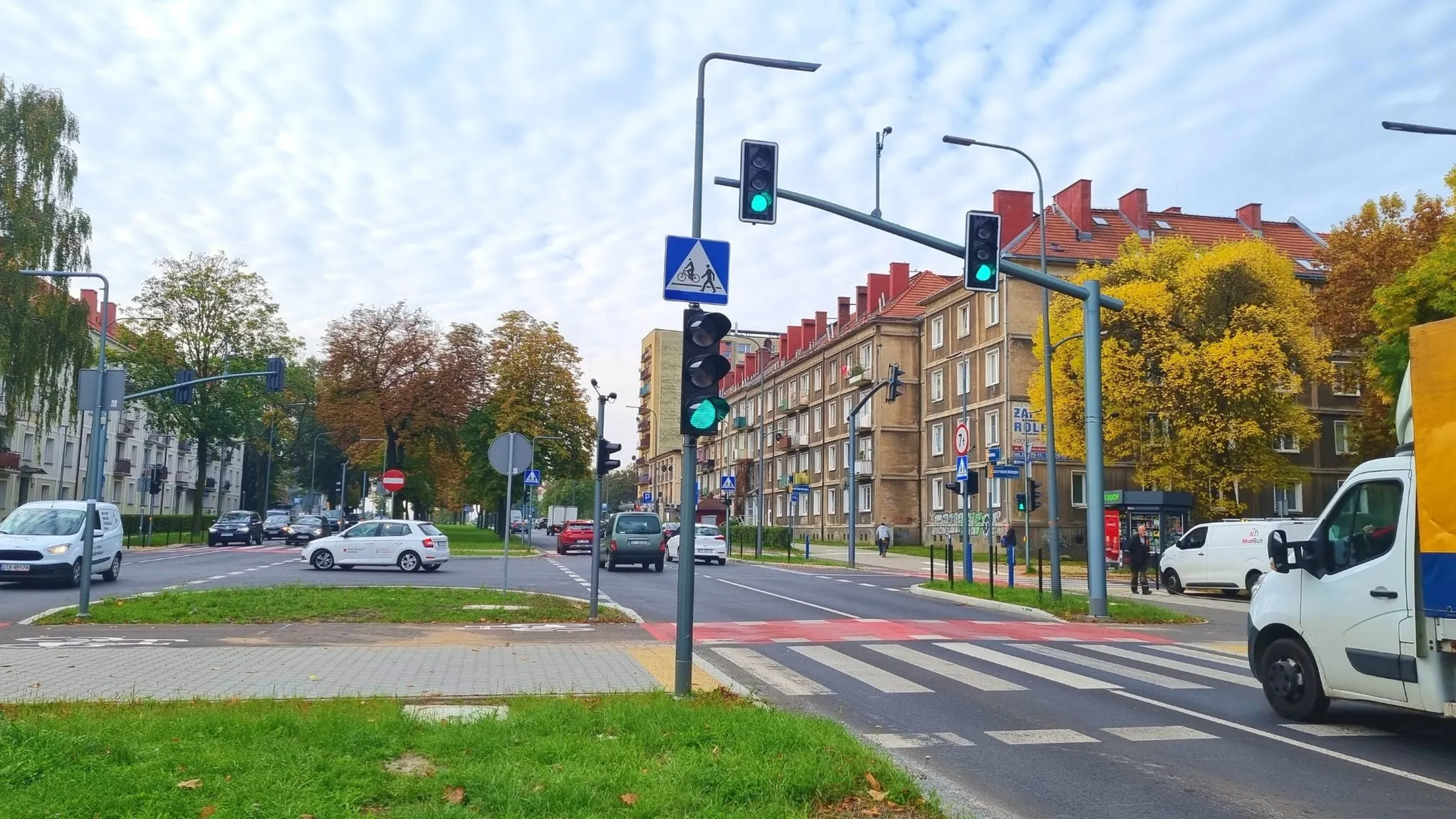
Yunex Traffic has completed work on what it says is the most advanced traffic control system in Poland.
More than 40 intersections in Tychy, about 20km south of Katowice, have been built or modernised, and a full traffic control and monitoring system has been installed.
There is now priority at intersections for over 170 buses and trolleybuses, as well as 15 emergency vehicles.
"ITS gives us a whole range of tools and possibilities to conduct various analyses, measurements and traffic simulations," says Andrzej Dziuba, mayor of Tychy. "All this is to make the roads in Tychy safer and the traffic flow smoother."
Yunex carried out the work between 2019 and June this year, at a cost of approximately PLN 121m (€25.5m), nearly 85% of which was co-financed by the European Regional Development Fund, from the pool for low-emission urban transport.
At the heart of the system is a traffic control centre in the Tychy stadium, which takes information from almost 600 monitoring cameras, together with a number plate recognition system.
In the event of an accident, the system will enable warning messages to be displayed on 72 boards.
Nearly 20 weather, pollution and noise monitoring stations have been installed on the streets of Tychy, as well as 20 parking space information boards and six stands for charging electric vehicles.
There are also six speed measurement sections and five dynamic weighing stations for lorries in motion, and Yunex says the roads are future-proofed to allow the eventual introduction of autonomous vehicles.
Yunex has ITS projects in a number of Polish cities, including Warsaw, Cracow, Poznań, Białystok and Rzeszów.







